Learning Disabilities, Autism and Neurodivergence Bill: consultation analysis - easy read
Easy read booklets prepared from the independent analysis, by Wellside Research, of responses to the consultation on a Learning Disabilities, Autism and Neurodivergence Bill, commissioned by Scottish Government.
Main Themes
Health
Neurodivergence and learning disability plans: This was the least supported proposal. Many people preferred a national plan to a local plan.
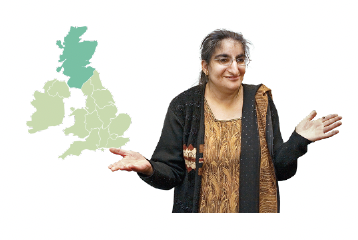
Mandatory training for all health and social care workers: Mandatory training is training that all staff must do. Most people supported this idea.
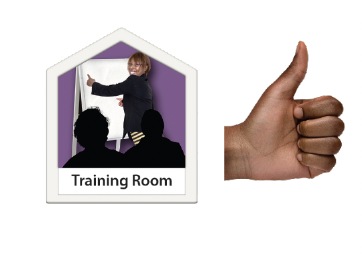
Inclusive communications and accessibility: Most people supported. People said there needed to be communication options other than just Easy Read.
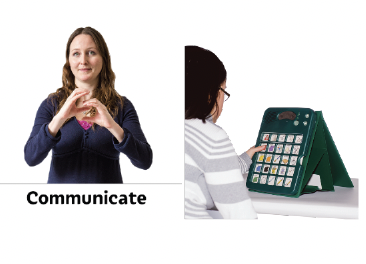
Patient passports: This was one of the most popular ideas. People said patient passports would work well but health and social care staff need to be trained to use them.
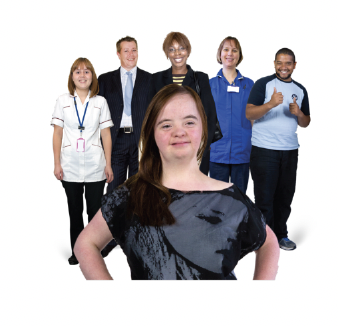
Annual health checks: Most people liked this idea. People also liked the idea of offering Annual Health Checks to autistic people.

People were less sure about offering annual health checks to other neurodivergent people. They were worried that this would cause more delays.
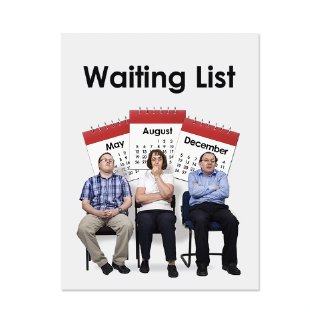
Mental health law
Most people who answered this section agreed with the ideas.

Lots of people said that learning disabilities and autism should not be thought of in law as a mental illness or disorder. This is because they are not the same as having a mental health condition.
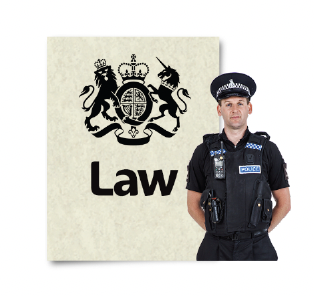
Many people agreed with the idea that there should be no changes to this law until more work has been done. They said more mental health services were needed for people with learning disabilities and neurodivergent people.
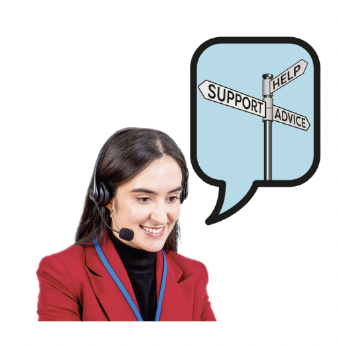
Social care
Local plans: People said these could help make services better across the country while meeting local needs. But some people thought this would mean different parts of the country would get different levels of service.
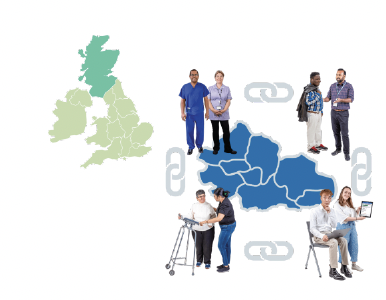
Mandatory training: People said this would improve awareness of learning disabilities and neurodivergence for people working in social care. But the training must be designed and delivered with people who have lived experience.
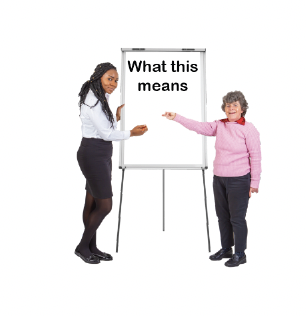
Making communication more inclusive: People said this is needed and should already happen. They said people should be offered different types of communication without having to ask for them.
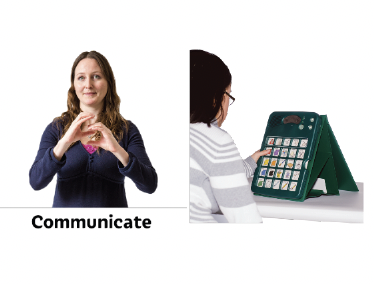
Housing
Advice and advocacy: Many people agreed with the need for more advice, support and advocacy.

Neurodivergence and learning disabilities plans: Many people said it was good to have a plan and check its progress. This would make sure the system was inclusive and met the needs of people.
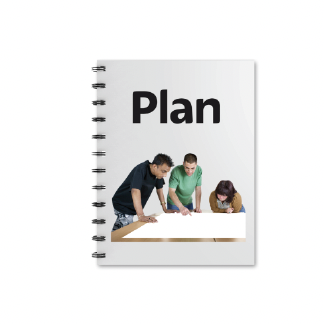
Mandatory training for housing staff: This was the most popular idea for the housing section. People said that training about physical and sensory needs would make the system better.
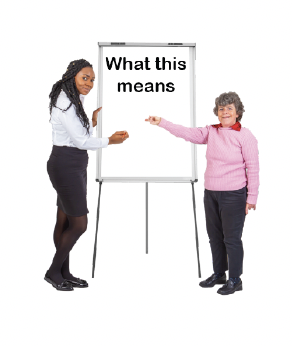
Data: More than half the people agreed with the need to collect, share and use data on housing. This would help the housing system change to meet specific needs.
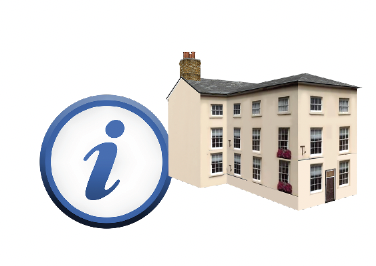
Inclusive communications: People said communication should already be inclusive. They said people should be offered different types of communication without having to ask for them.
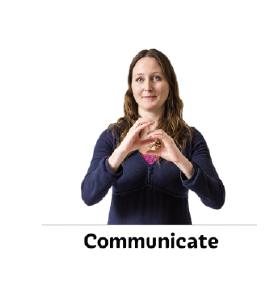
Many people talked about other housing issues. They thought there are not enough homes that people can afford. They also thought there is not enough good accommodation for people with learning disabilities and neurodivergent people.

Complex care
This section had 2 ideas about helping people come home from hospital earlier and get support closer to their home.
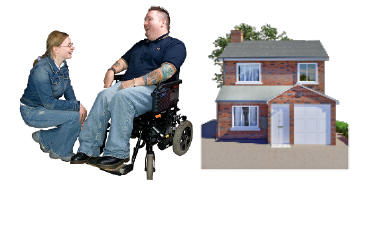
Dynamic Support Registers: Almost everyone agreed that councils should have a dynamic support register. This would list the people who were waiting to get out of hospital and the support they needed.
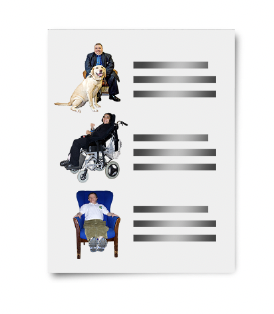
National Support Panel: People said there should be a panel to review local systems to make sure they are working well for people.

Relationships
Access to independent advocacy: People felt this should be a priority for all people with additional learning and support needs. It should be available before someone needs it.
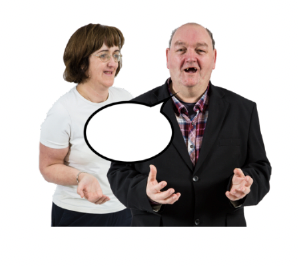
Data collection and reporting: Most people said more data should be collected about violence against women with learning disabilities.
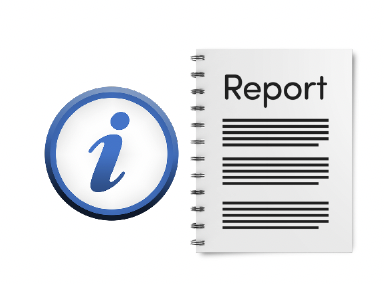
National and local plans: People said more education and support was needed in an accessible format about relationships, especially romantic and sexual relationships.

Inclusive communications: People said this was needed.
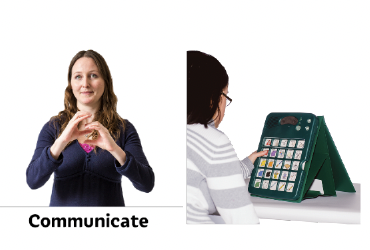
Accountability means that it is someone’s job to make sure that everyone can uphold their rights.
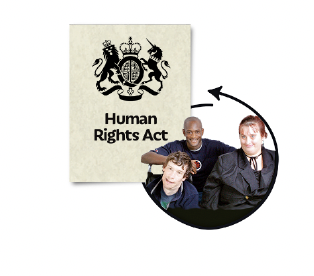
Some people said that someone should be given the power to investigate cases where children are taken from parents who have learning disabilities. Some people thought this power could be given to a Commissioner.
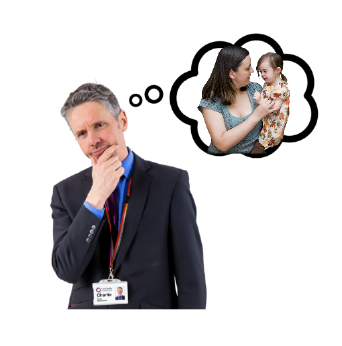
A Commissioner is someone who speaks for a certain group and makes sure their rights are upheld.
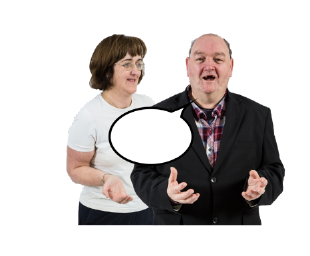
Other people felt that having a new Commissioner could make things more complicated. It might not be a good use of money.

Access to technology
Training for people with learning disabilities in digital skills and online safety: People said that people with learning disabilities and neurodivergent people needed to be kept safe online. Training to use social media is needed.

People said training for children and young people was also important. Neurodivergent people should be able to get training, not just people with learning disabilities.

Data on the number of people accessing and using technology: Many people agreed with this idea. But some people could not see the point of this. They were not sure how it could be used to make things better.

Support to directly help people access and use technology: This was the most popular idea. But different people thought support meant different things.

Some people thought it meant support to buy devices like a phone, tablet or laptop. Others said it was training.

People said having access to technology could help make people feel less alone.
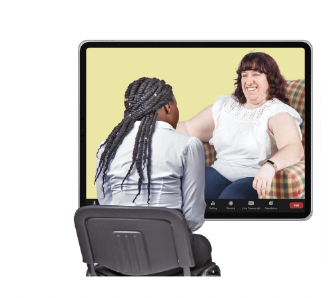
Employment
A large number of people thought the ideas in the consultation were not enough. They were disappointed that more was not suggested.

Job coaches are people who help others to find and keep their jobs.
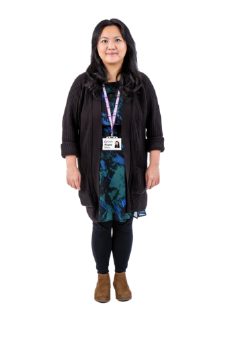
Training for job coaches: More than half of the people who answered this said job coaches should be trained to support people with learning disabilities and neurodivergent people to get and keep jobs.
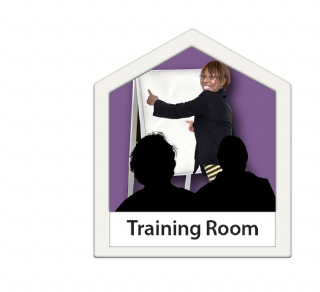
Language within employment data: Lots of people said that old-fashioned and confusing language should be removed from data about employment.

Social Security
Inclusive communication plans: People said things needed to change so the Social Security system was easier for people to use.
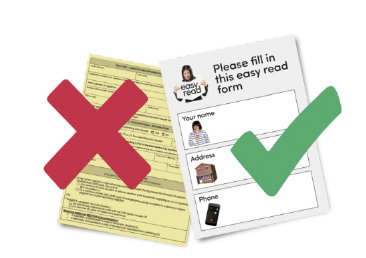
Mandatory training for social security staff: People said all staff should get training on learning disabilities and neurodivergence. But people were worried that this would use a lot of time and money.

Data collection: People thought it was a good idea to make Social Security Scotland say how many neurodivergent people and people with learning disabilities receive benefits.

Benefits are the money that the government gives to people who need help to pay for their living expenses.
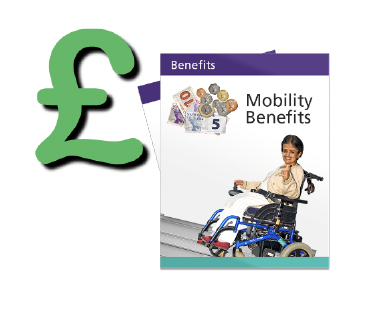
People also said that the current system was difficult for people with learning disabilities and neurodivergent people to access. More support was needed.

Justice
Plans: Most people said there should be a justice plan. They felt a national plan would make things the same across the country.
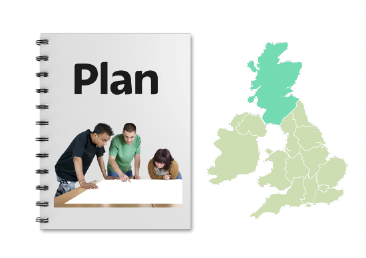
Data and Identification: People said it was important to identify people with learning disabilities and neurodivergent people as soon as possible. This information to be shared across the justice system.
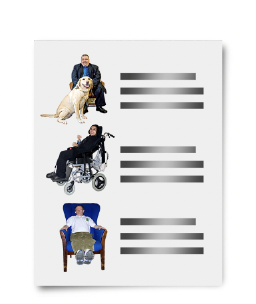
Inclusive communication: People said this was very important in the justice system. People should be supported to understand and access information in the justice system.

Mandatory training: People said this was needed for all people working in the justice system. This includes the police and people working in courts and prisons.
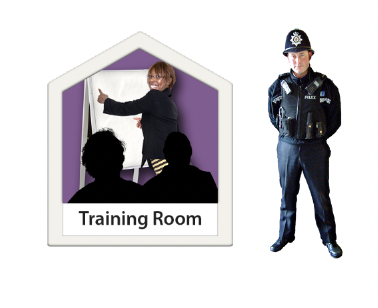
Advocacy: Most people support the use of advocacy in the justice system and said it must be equal across the country.
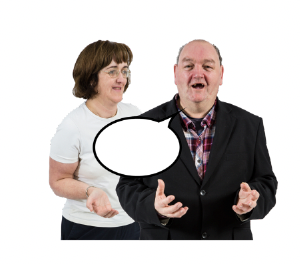
Diversion from Prosecution means that a person will get support or treatment instead of going to prison.

Some people supported the idea of Diversion from Prosecution. They said this would give better support to people with learning disabilities and neurodivergent people if they are accused of crimes.

Some people also thought this idea might be too easy on accused people and not deliver justice. Others thought it could be used unfairly by people who are not neurodivergent or do not have a learning disability.
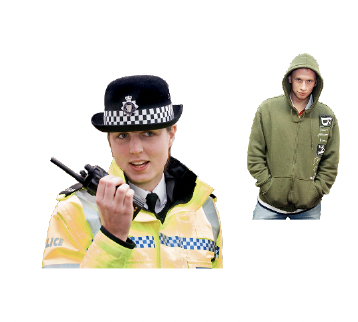
Many people talked about using the Mental Health Act to decide how people will be treated. They should be treated fairly by the justice system.
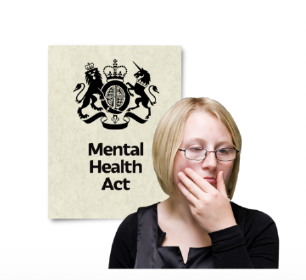
It was felt that more should be done to stop people with learning disabilities and neurodivergent people coming into the justice system.

Restraint
This section was about tackling the wrong use of restraint, seclusion or other ways people had their freedom taken away.
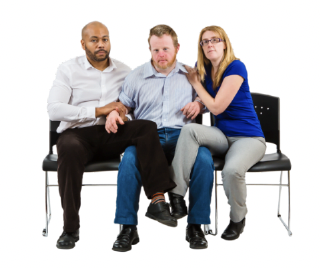
Nearly two thirds of people agreed with what the consultation said. A large number of people said this issue should be covered by a separate law from the LDAN Bill.
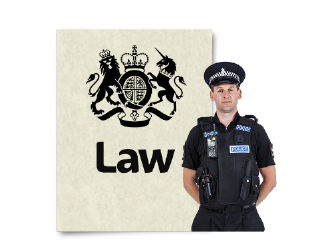
People said this was an area where change was needed quickly. It should be a top priority.
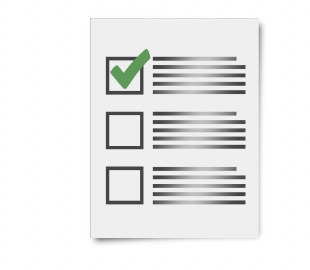
Separate plans for children and adults: Lots of people said there should be guidance about restraining children and young people. Several people thought more guidance was needed about adults too.
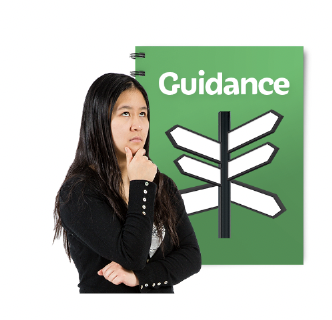
Training: People said that education and training is needed for staff working with children and adults.
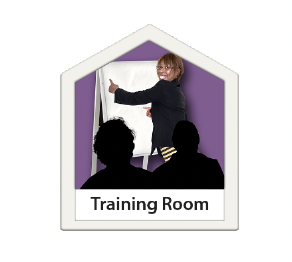
Positive Behavioural Support sometimes called PBS: This is a way of meeting a person’s support needs. Some people said this was good. It made sure people’s needs were understood and met.

Other people from neurodivergent communities said PBS should not be used.

Transport
National and local plans: A lot of people said there should be national and local plans. A national plan would help things be the same across the country.
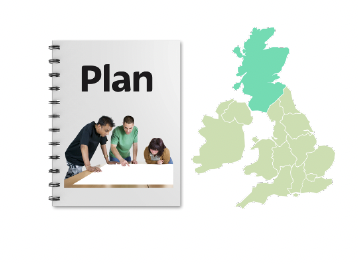
People said it was important for local needs to be met too, especially in remote rural and island areas.
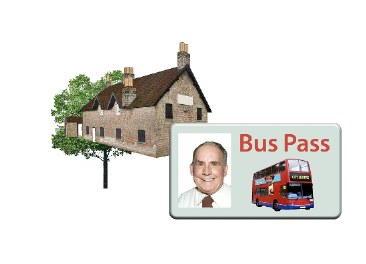
Mandatory training: A lot of people said there should be training for all transport staff. This should be for people working on buses, trains, planes and ferries. Some people also thought it should include taxis and the British Transport Police.
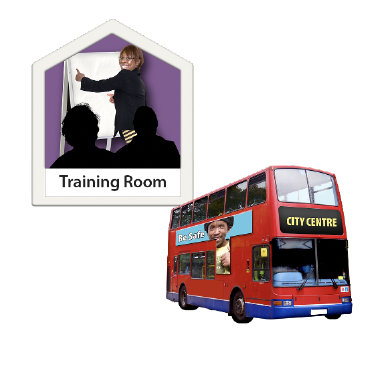
Education
Many people talked about problems with the current education and school system for children and young people with learning disabilities and neurodivergent children and young people.

Plans and reports: People said schools and local authorities should have plans. But this would need training, money and staff. It would also need support for pupils with learning disabilities and neurodivergent pupils.
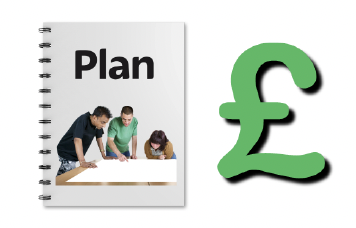
Mandatory training for teachers and other staff: Lots of people said there should be mandatory training in the education system on learning disabilities and neurodivergence.
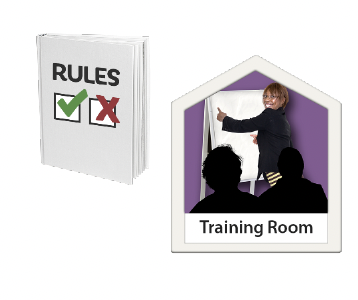
Data: People thought data about education should say how many children and young people have learning disabilities or which type of neurodivergence they have.

Transition to adulthood
It was not clear if people agreed with the aims in this section. Some people were not sure what was being said and were disappointed with the suggestions.
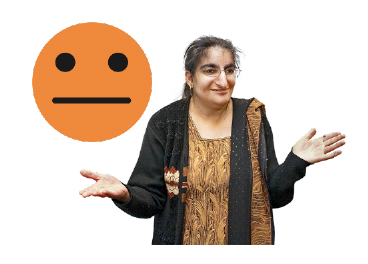
People did agree that change was needed.
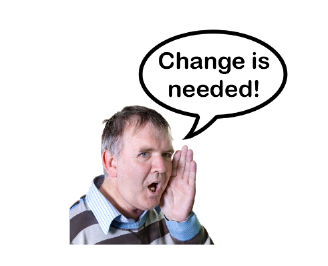
Lots of people said that current planning starts too late and should start earlier in a child or young person’s life.

Individuals and their families and carers needed more information and signposting about transitions and support.
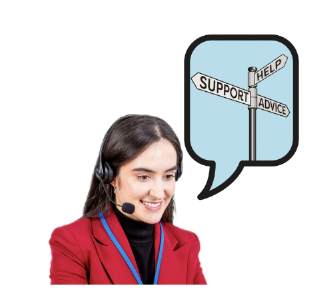
People said there are other life stages where adults with learning disabilities and neurodivergent adults might need support to transition and to access services.
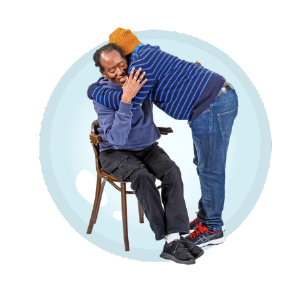
Contact
Email: LDAN.Bill@gov.scot
There is a problem
Thanks for your feedback